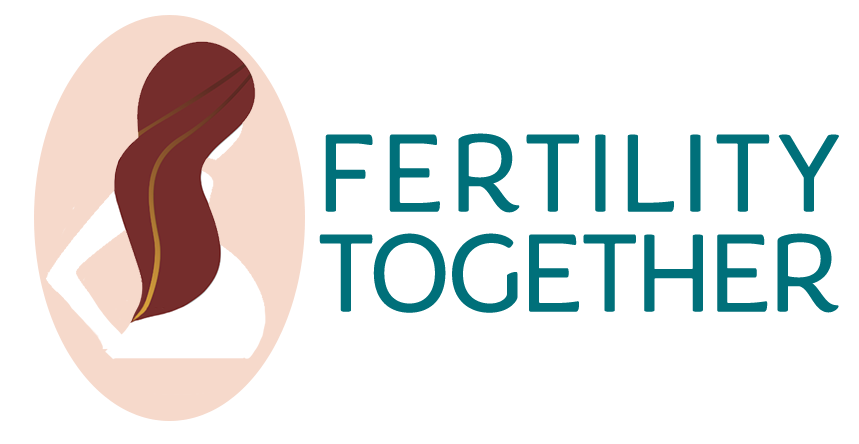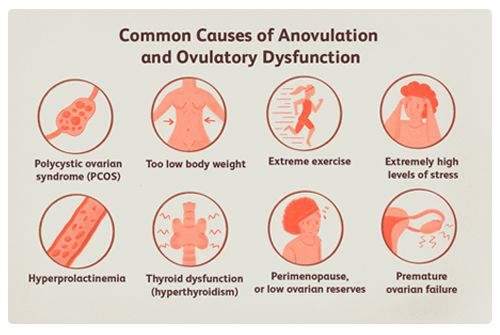
FEATURESIf there’s an infertility topic you want to learn more about or a concern you want to research, chances are one of our experts has written an article or two about it or has spoken about it in an interview.
Anovulation and Ovulatory Dysfunction
Medically reviewed by Leyla Bilali, RN
Ovulation is the release of an egg from the ovary. It must occur for pregnancy to be achieved naturally. Anovulation means a lack of ovulation or absent ovulation. When ovulation is irregular—but not completely absent—it is called oligo-ovulation. Both anovulation and oligo-ovulation are types of ovulatory dysfunction. Ovulatory dysfunction is a common cause of female infertility. Up to 40% of infertile people with ovaries experience dysfunctional ovulation.
12 Potential Signs You May Have a Fertility Problem
Medically reviewed by Leyla Bilali, RN
Infertility refers to how long you have been trying to conceive unsuccessfully. While there are possible early warning signs of infertility as well as risk factors (things that make it more likely you'll have difficulty getting pregnant), some couples don't have any signs or symptoms of infertility. If you do, it's important to talk to your doctor. Because of this rule of thumb, many couples wonder if they have to try to get pregnant for a whole year before they would be able to tell if there is a problem. Here are some questions you and your partner can consider if you think you might be dealing with infertility. If you answer yes to any of these questions, talk to your doctor.


